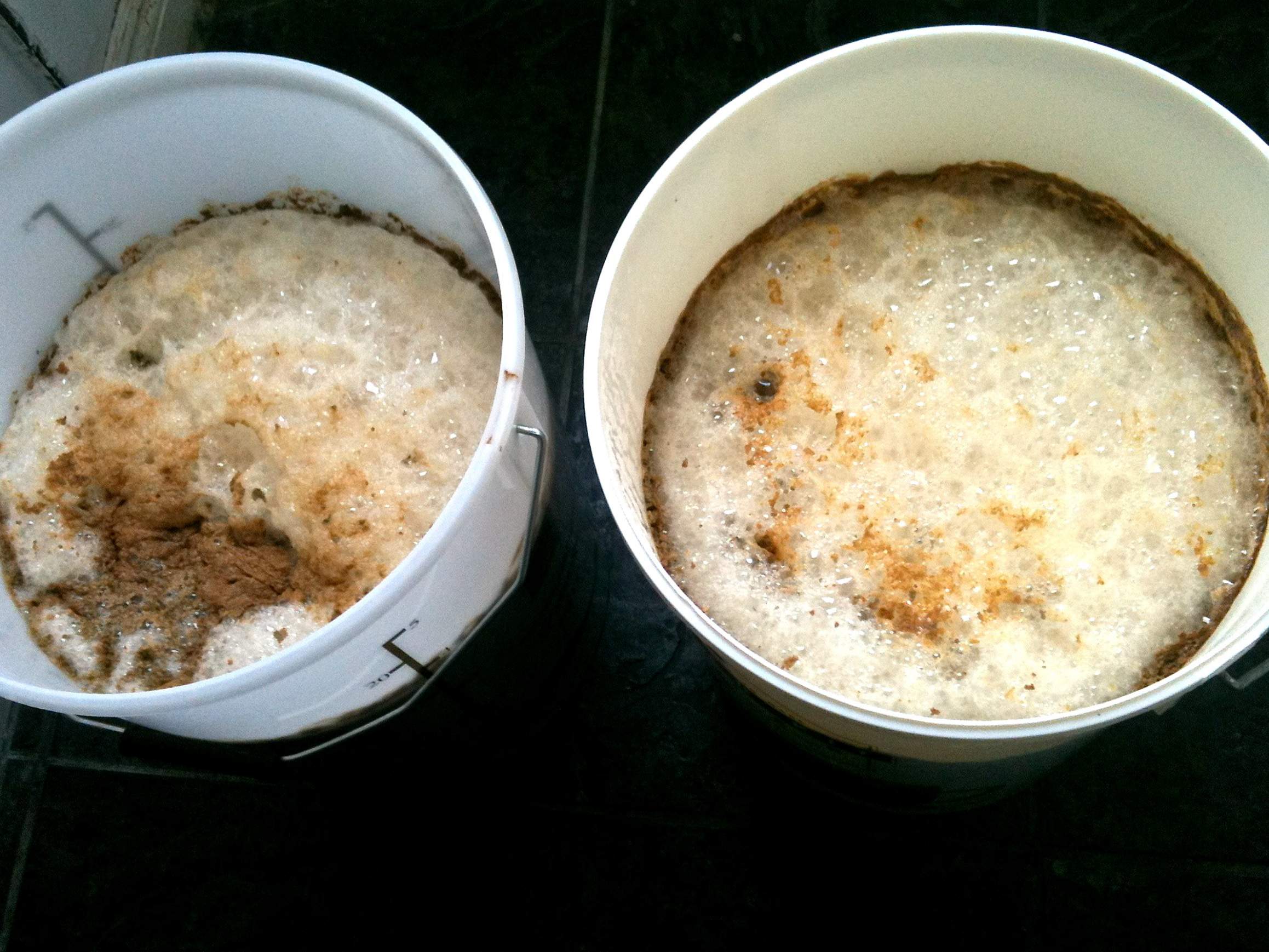
Brewing embodies many aspects of food science.

Brewing embodies many aspects of food science.
Fermentation — the process by which microorganisms metabolize sugar into alcohol and other byproducts — has been an important part of the human diet for thousands of years. But the art and science of this practice is undergoing a bit of a renaissance, as craft brewing explodes, and as professional and home cooks rediscover its important role in the preparation of many foods.
The connections of fermentation to microbiology, food science and other disciplines is also assuming new prominence at University of Wisconsin System schools and Wisconsin technical colleges, where faculty see opportunities to bring together research, manufacturing and the complexities of flavor. Studying fermentation isn't simply an excuse to whip up some homebrew while earning class credits, though, as UW-Madison Department of Food Science lecturer Hans Zoerb explained in a Dec. 3, 2014, talk for the Wednesday Nite @ the Lab series, recorded for Wisconsin Public Television's University Place.
In Zoerb's classes, students learn about harnessing Saccharomyces cerevisiae (also known as brewer's yeast) and other microbes in processes that yield not just alcohol but do so with consistency and scalability. Zoerb is also hoping his work can build stronger connections between UW and the craft beer world.
Zoerb, who does some small-scale homebrewing himself, offered detailed explanations of brewing and described how Wisconsin academics are working with brewers to explore everything from genetics to quality control. He also discussed what he calls the "Wisconsin Fermentation Initiative," a loose term encapsulating fermentation-science efforts at schools around the state.
Key facts
Key quotes